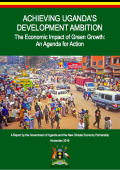
As Uganda embarks on accelerating its economic development, the Government is taking a conscious step to ensure that growth is socially inclusive and that the protection of the environment is upheld. This study outlines the potential for green growth to support structural transformation.
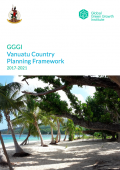
This Country Planning Framework (CPF) sets the strategic direction for the Global Green Growth Institute (GGGI) in Vanuatu over the period 2017-2021.
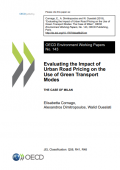
The purpose of this study is to investigate the effect of congestion pricing on the demand for clean transport modes. To this end, it draws on an empirical analysis of the effect of Milan’s congestion charge on the use of bike sharing. The analysis indicates that congestion pricing increases daily...
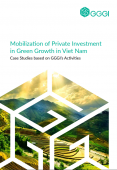
This report, Mobilization of Private Investment in Green Growth in Viet Nam, outlines the work the Global Green Growth Institute (GGGI) has done in Viet Nam, examining multiple case studies focused on green growth policy support and investment mobilization for bankable projects, and provides recommendations on engaging the private sector in green growth financing.
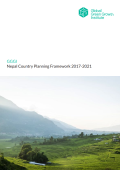
This Country Planning Framework (CPF) outlines the five-year program and joint commitment that the Global Green Growth Institute (GGGI) and the Government of Nepal (GoN) have pledged to achieve in the period 2017-2021.
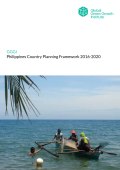
This Country Planning Framework (CPF) for the Philippines presents the strategic initiatives that the Global Green Growth Institute (GGGI) aims to pursue in partnership with the government.
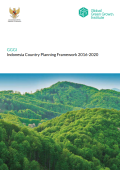
This Country Planning Framework (CPF) is a high-level document guiding the Global Green Growth Institute's (GGGI) joint program with the Government of Indonesia (GoI).
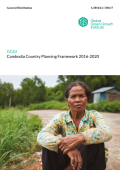
This Country Planning Framework (CPF) is a high-level document guiding the Global Green Growth Institute's (GGGI) joint program with the Royal Government of Cambodia (RGC).
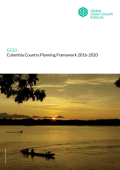
This Country Planning Framework (CPF) sets the strategic direction for the Global Green Growth Institute (GGGI) in Colombia over the period 2016-2020.

This collection aims to provide a reference for policy makers and practitioners working to scale up bioenergy in rural areas of sub-Saharan Africa. Energy, agriculture, forestry, environment, finance and business experts all seek for solutions to provide energy and also enhance food security, social welfare and environmental sustainability.
